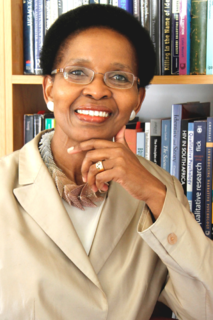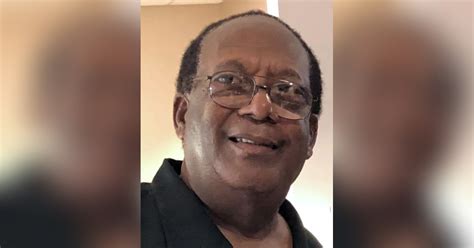A Quote by Virginia H. Pearce
Forgiveness is possible even when there is no restitution, no remorse on the part of the perpetrator.
Quote Topics
Related Quotes
When I talk of forgiveness I mean the belief that you can come out the other side ... a better person than the one being consumed by anger and hatred. Remaining in that state locks you in a state of victimhood, making you almost dependent on the perpetrator. If you can find it in yourself to forgive then you are no longer chained to the perpetrator. You can move on.
As you consider your own life, are there things that you need to change? Have you made mistakes that still need to be corrected? If you are suffering from feelings of guilt or remorse, bitterness or anger, or loss of faith, I invite you to seek relief. Repent and forsake your sins. Then, in prayer, ask God for forgiveness. Seek forgiveness from those you have wronged. Forgive those who have wronged you. Forgive yourself.
Jesus' forgiveness of our sins is the single most impactful part of the gospel, and when we forgive others who sin against us we're shining his light most brilliantly. Every act of forgiveness brings a touch of Heaven to Earth, and it makes the gospel look as otherworldly and supernatural as it is. Forgiveness is constructed in the DNA of the persecuted.


































